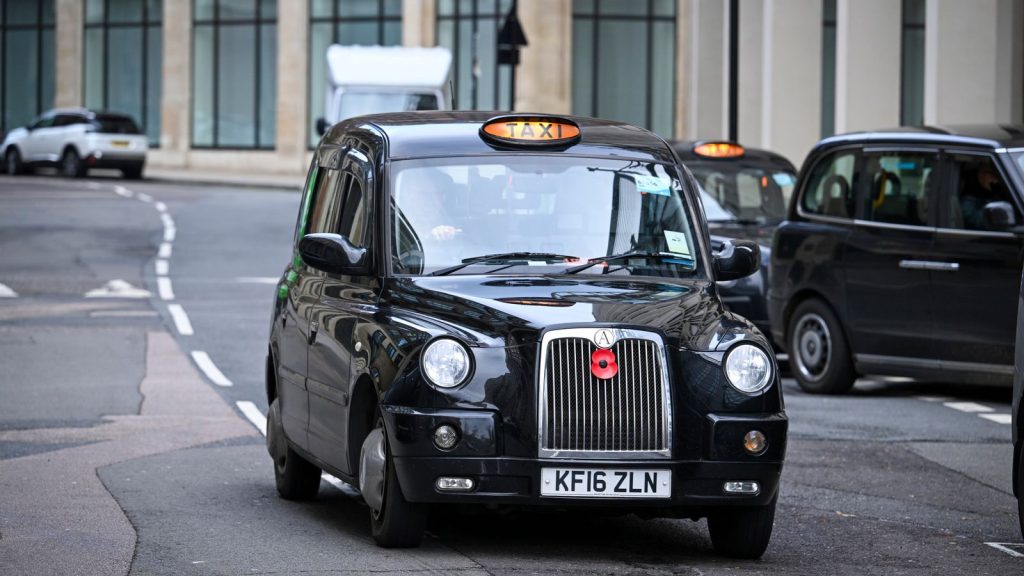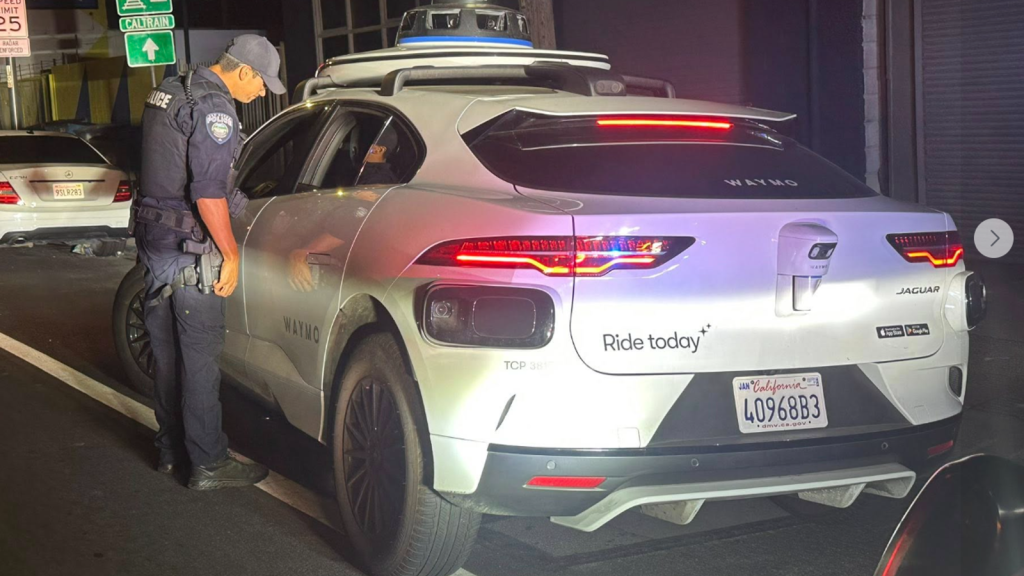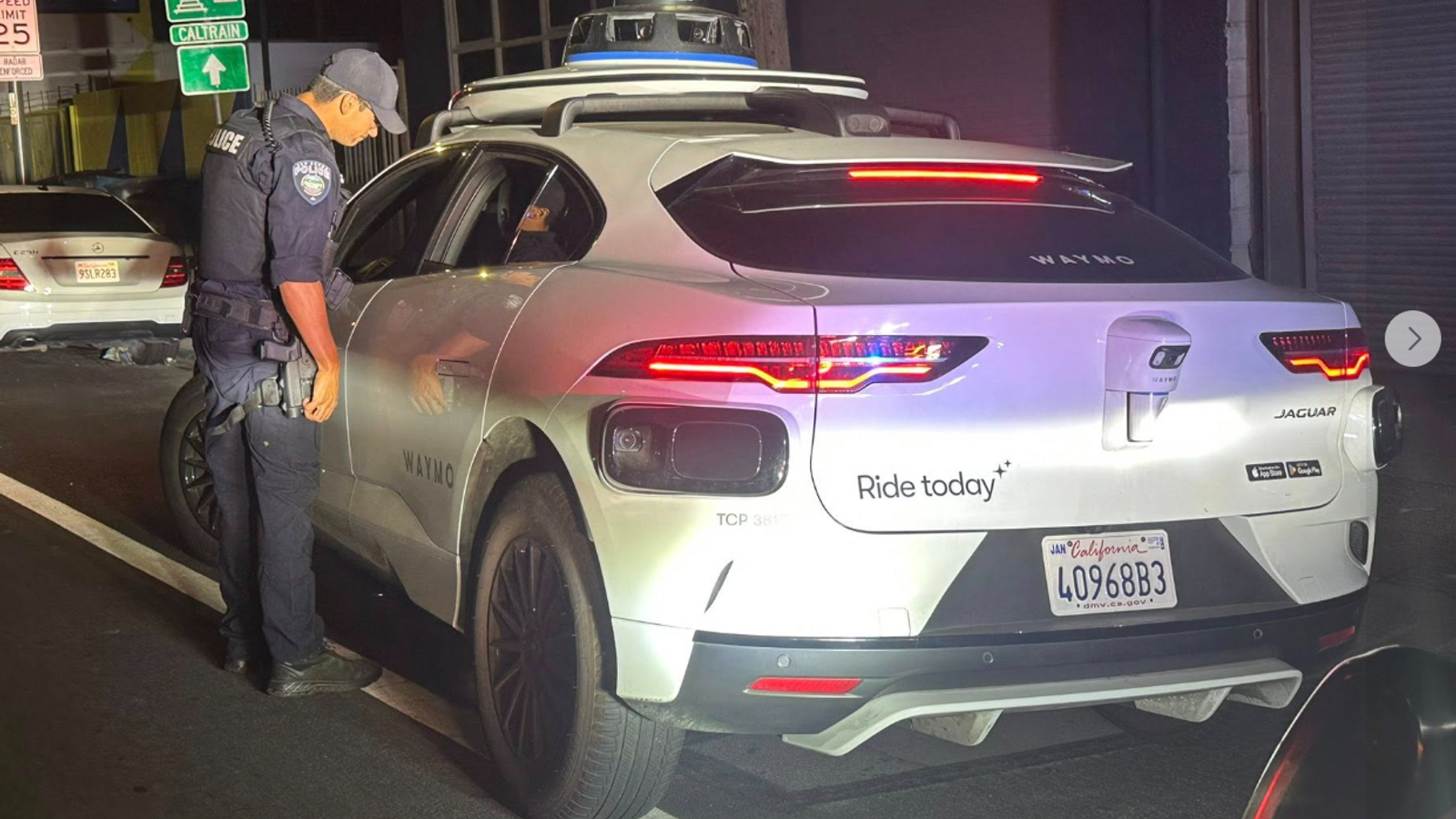Autonomous taxi firm Waymo has announced plans to bring its self-driving vehicles to London as early as next year, marking the UK capital as the first European city to host the service. The company, a subsidiary of Google’s parent Alphabet, said its cars will begin testing “in the coming weeks,” initially with human safety drivers before moving to fully autonomous operations once approved.
Waymo’s vehicles are already a familiar sight in San Francisco and have recently debuted in Tokyo, expanding the firm’s global presence. The company says it currently provides “hundreds of thousands of rides every week” in the United States and has completed over 10 million fully driverless journeys.

A Waymo spokesperson told Sky News that the company’s growth “reflects real appreciation, love, and trust” among riders, adding that it is “excited to introduce the reliability, safety, and magic of Waymo to Londoners soon.”
Not everyone is convinced. Steve McNamara, general secretary of the Licensed Taxi Drivers’ Association (LTDA), which represents London’s iconic black cab drivers, dismissed the plan as “a novelty” and “a gimmick.”
“Will I be concerned in 25 years’ time? Maybe. I’m certainly not concerned at the moment,” McNamara told Sky News.
He argued that Londoners are unlikely to trust driverless vehicles enough to use them for everyday travel — “let alone put their kids in one to go to school.”
Waymo is currently working with the Department for Transport (DfT) and Transport for London (TfL) to obtain the necessary regulatory permissions for fully autonomous rides, which the company hopes to launch by 2026. This timeline aligns with government plans to allow autonomous vehicle pilots across England by spring 2026, announced earlier this year by then-Transport Secretary Heidi Alexander and Technology Minister Peter Kyle.
Officials have touted the driverless vehicle sector as a major opportunity for growth, estimating that it could generate nearly 40,000 jobs, boost road safety, and contribute billions of pounds to the UK economy. Other companies, including Uber and British start-up Wayve, are also expected to begin London-based trials next year.

Despite its technological promise, Waymo’s expansion comes amid ongoing public scrutiny over the safety and reliability of autonomous cars. The firm has faced several high-profile incidents in the U.S., including one in September when a driverless taxi made an illegal U-turn directly in front of police officers in San Bruno, California. Police later confirmed that no citation could be issued because “there was no human driver to ticket.”
Earlier this year, another passenger reported being trapped in a “dizzying” loop when his Waymo cab circled an airport car park repeatedly, nearly causing him to miss his flight.
In 2023, the company was forced to recalibrate parts of its fleet following resident complaints about cars honking through the night while returning to their base. One resident even set up a livestream of the car park, attracting tens of thousands of online viewers.
Waymo’s London launch represents a milestone for Europe’s autonomous vehicle industry — but also a cultural challenge in a city famous for its human-driven black cabs. As regulators weigh safety data against economic potential, public trust may prove to be the decisive factor in determining whether Londoners truly embrace the driverless future.



